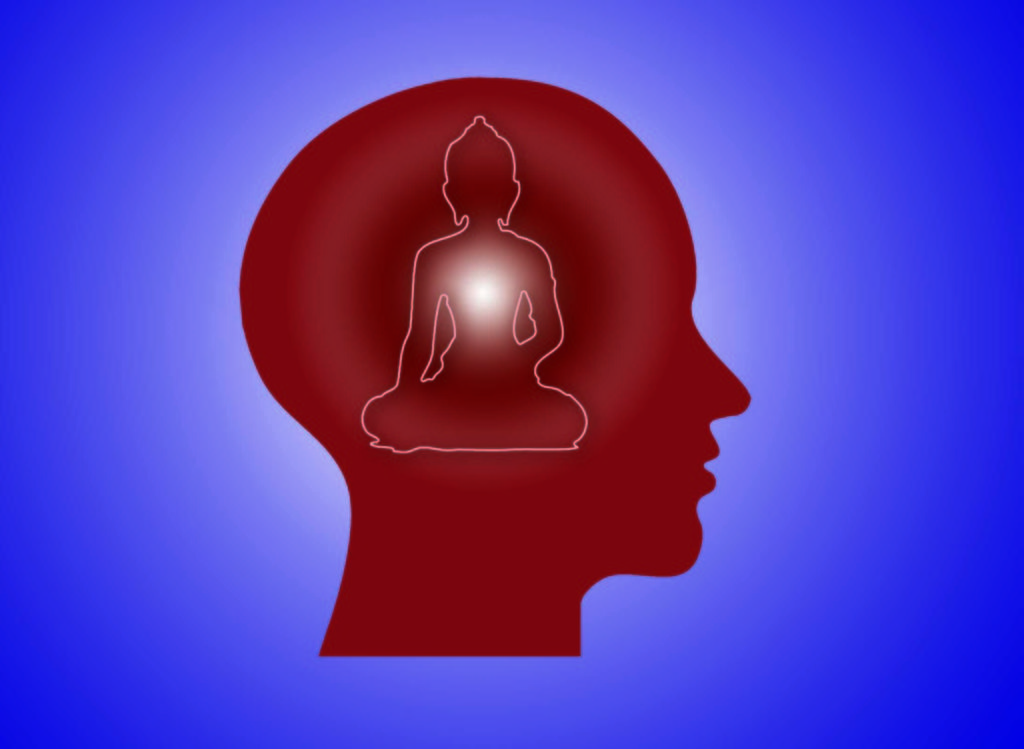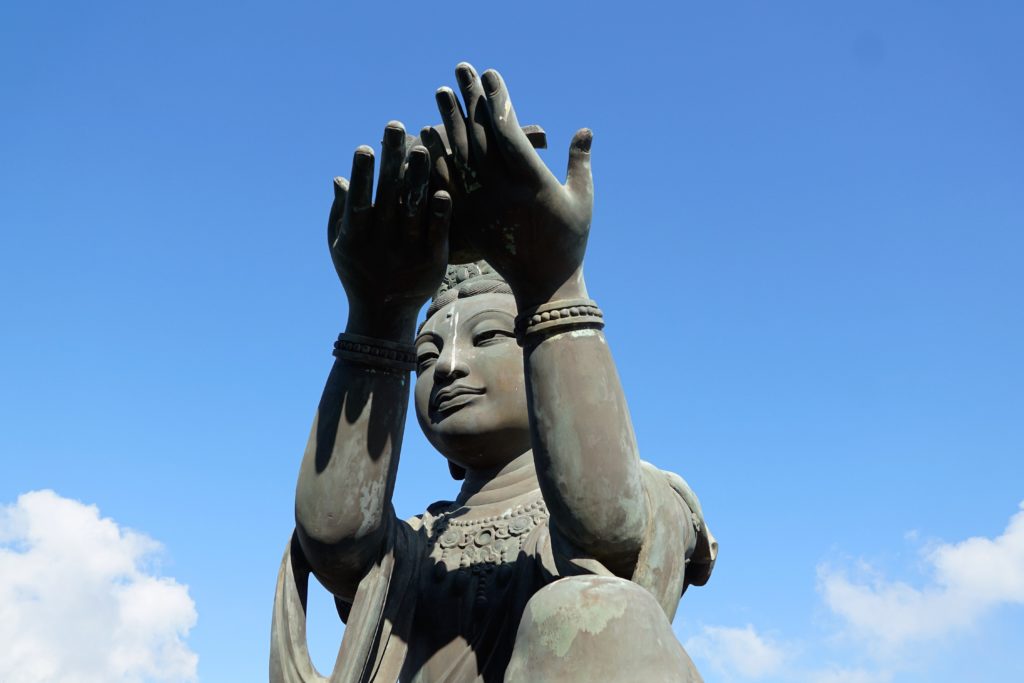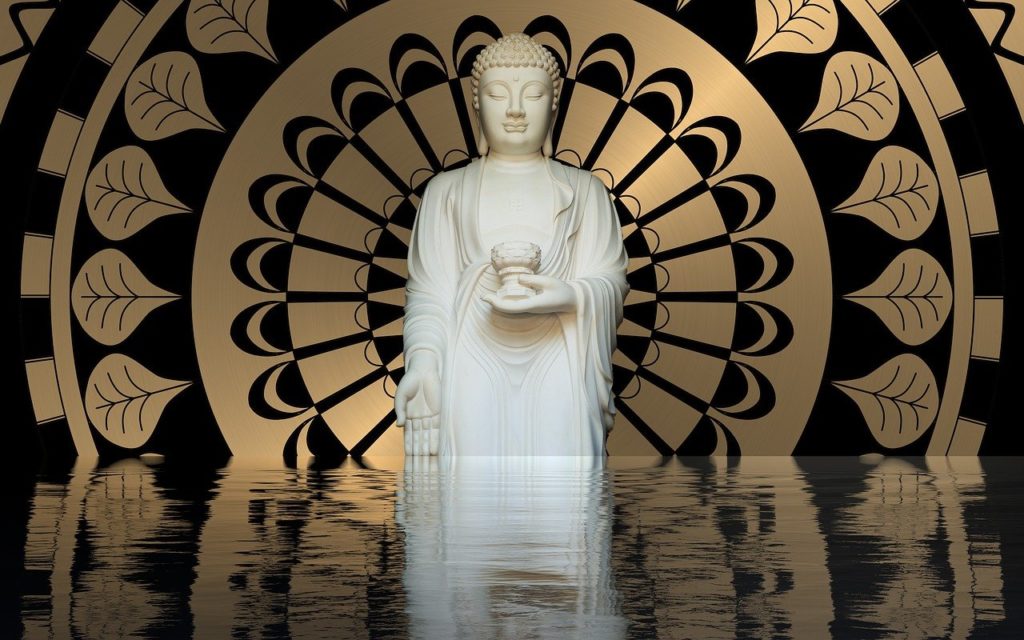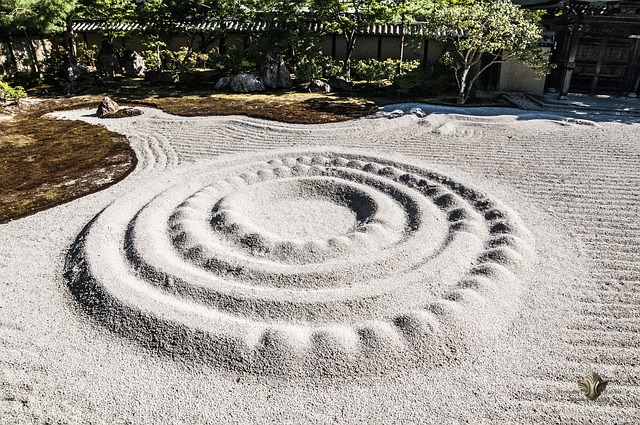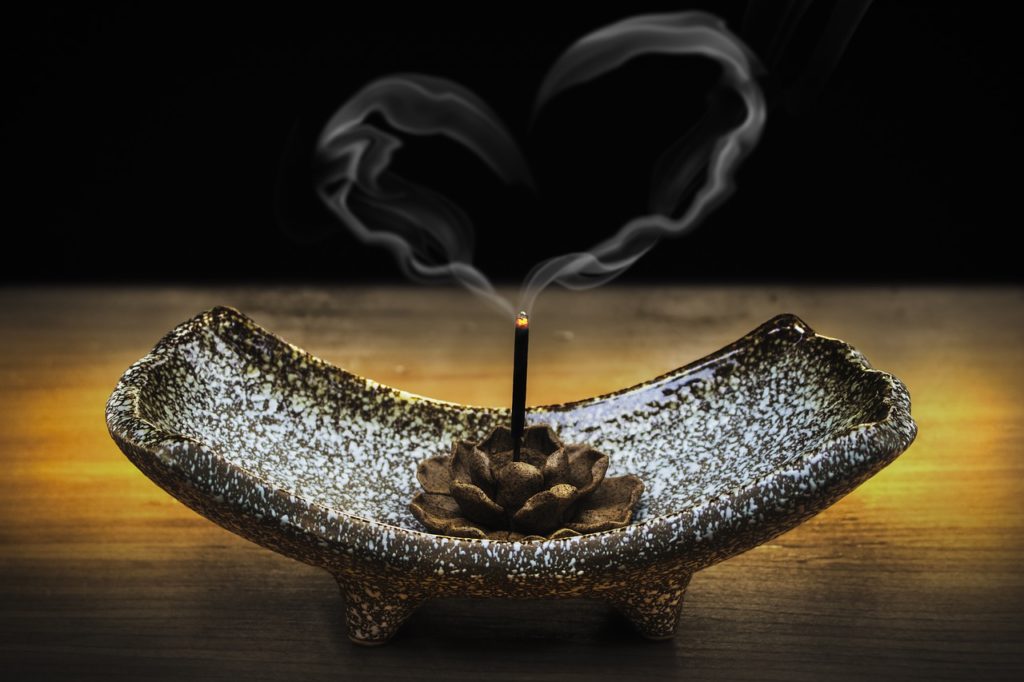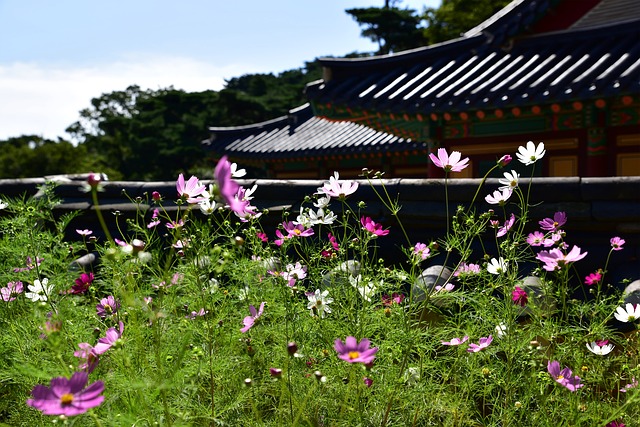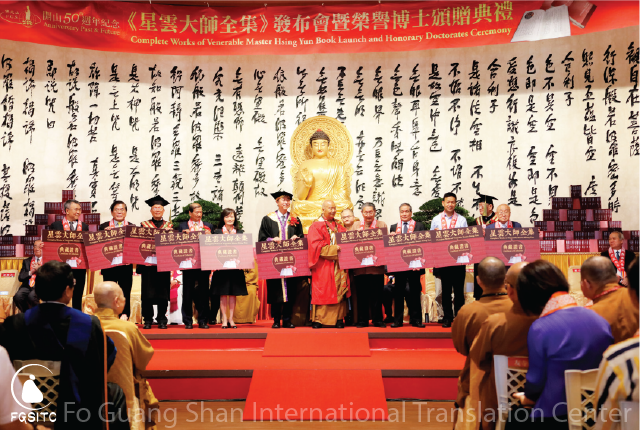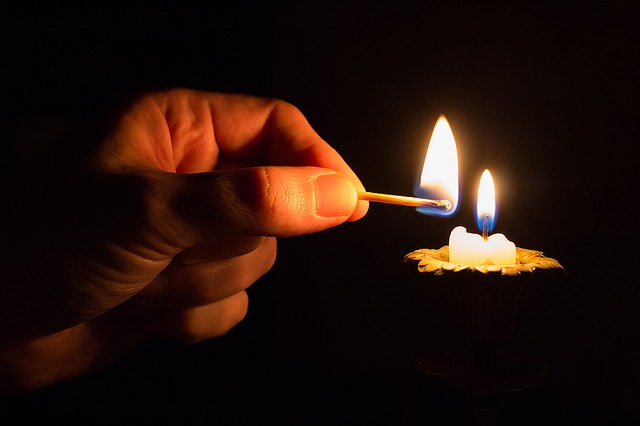Many of us think that after undertaking the precepts life will become a matter of you-can’t-do-this and you-can’t-do-that. We wonder if that isn’t limiting us even more. We worry that it will mean a loss of freedom. This is why some people will question: Why should I receive the precepts and end up just limiting myself!
In fact, if we were to go to a prison and make a survey into the reasons for incarceration and the loss of freedom, we would find that every single inmate there had violated one or more of the five precepts.
In Buddhism’s undertaking and observing the five precepts,* the spirit of the precepts is freedom. This is so because when we undertake the precepts we will not violate others, and as long as we can discipline ourselves, we will also not be breaking the laws of society. So the restraints of the law are not a constraint upon us, and we are able to enjoy a free and independent life.
In undertaking and observing the five precepts, no one will be violating others so that each and every one of us can obtain freedom together.
In taking refuge in the Triple Gem we all occupy an equal position together, without regard to ethnic origin, nationality, or religion. We all possess the intrinsic Buddha nature; this is such a wonderful example of the equality of democracy.
Not only is Buddhism adapting to the times, it also transcends them. It has taken thousands of years for the world to slowly advance into the modern age of freedom and democracy, but the freedom of the five precepts and the democracy of the Triple Gem Refuge as promoted by the Buddha have been available to us for more than two thousand five hundred years.
In fundamental terms, there is actually only one precept: Since freedom is to be respected, do not violate others. To refrain from killing is not violating the life of others; to refrain from stealing is not violating the property of others; to refrain from sexual misconduct is not violating the physical body of others; to refrain from lying is not violating the reputation of others; and to refrain from consuming intoxicants is not violating the health of oneself or others. Great indeed was the Buddha, for if we all would undertake the precepts, then there would be no one left to violate our lives, our properties, our bodies, our reputations, and our possessions. What a truly splendid thing that would be!
We must not only undertake and observe the five precepts in a passive manner, we must do so actively as well:
- Not only must we refrain from killing, we must also protect life;
- Not only must we refrain from stealing, we must also practice generosity;
- Not only must we refrain from sexual misconduct, we must also give respect;
- Not only must we refrain from lying, we must give true words;
- And not only must we refrain from consuming intoxicants, we must also act correctly.
The precepts are not merely the avoidance of acting in unwholesome ways, they also represent doing good and having moral courage in their active sense. Undertaking and observing the five precepts constitutes the wholesome action of respecting others and not violating them. Putting the five precepts into practice enables one to truly fulfill the hope of human life.
*The Five Precepts: refrain from killing, stealing, wrong speech, sexual misconduct, and consuming intoxicants.
From The Five Precepts, written by Venerable Master Hsing Yun.
Image from Pixabay.


